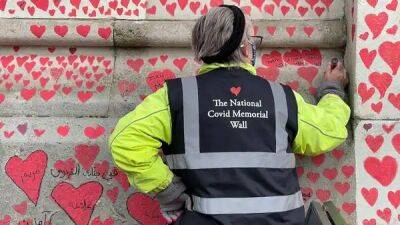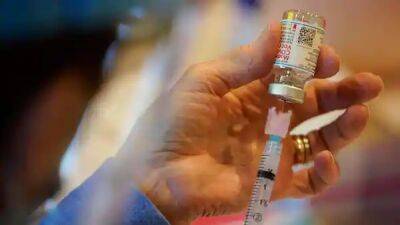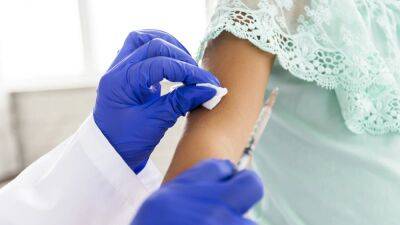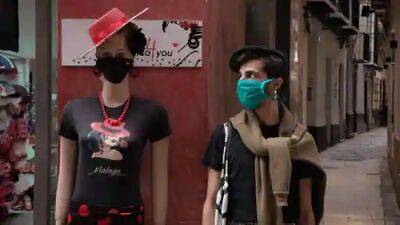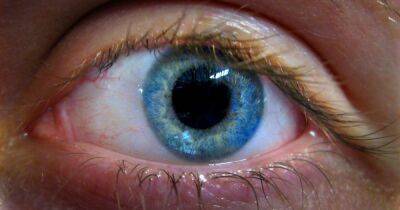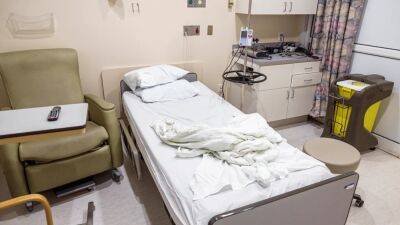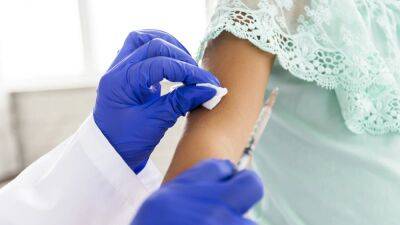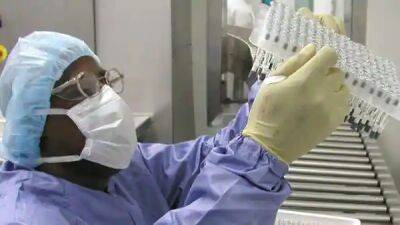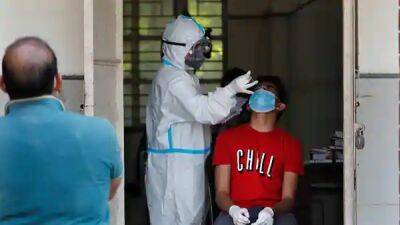WHO updates COVID-19 guidelines on masks, treatments and patient care
WHO has updated its guidelines on mask wearing in community settings, COVID-19 treatments, and clinical management. This is part of a continuous process of reviewing such materials, working with guideline development groups composed of independent, international experts who consider the latest available evidence and the changing epidemiology.Masks continue to be a key tool against COVID-19WHO continues to recommend the use of masks by the public in specific situations, and this update recommends their use irrespective of the local epidemiological situation, given the current spread of the COVID-19 globally.
Masks are recommended following a recent exposure to COVID-19, when someone has or suspects they have COVID-19, when someone is at high-risk of severe COVID-19, and for anyone in a crowded, enclosed, or poorly ventilated space.
Previously, WHO recommendations were based on the epidemiological situation.Similar to previous recommendations, WHO advises that there are other instances when a mask may be suggested, based on a risk assessment.
Factors to consider include the local epidemiological trends or rising hospitalization levels, levels of vaccination coverage and immunity in the community, and the setting people find themselves in.Reduced isolation period for COVID-19 patientsFor patients with symptoms, the new guidelines suggest 10 days of isolation from the date of symptom onset.













